How to Decode Your Credit Card Statement from Smiths. Reading the credit card statement is an important aspect of managing your finances.
Regardless of whether it’s a Visa credit card, Mastercard, or a credit union-issued card, it’s necessary to comprehend the various elements as indicated on the issued credit card statement.
In this article, I am going to show you how to understand credit card statements, check for possible inaccuracies, and ensure that your identity and your credit card are well protected.
Key Takeaways
What is a Credit Card Statement?
A credit card statement is defined as a record or summary of all the transactions made during the month on the personal credit card account and issued by the card company; the summary is usually produced monthly.
It breaks down how many times and how much the credit card was charged, the balance remaining, the minimum payment due, and a whole lot more.
This helps manage your finances, prevent high interest and be able to notice unauthorised activities quickly.
Your statement will also comprise card details such as the sixteen digits of a credit card (the actual number of the credit card) and any number associated with that account.
Key Elements of Your Credit Card Statement
Knowing how to read a credit card statement necessitates understanding what each section indicates. Let’s begin by outlining the most commonly used elements:
Account Information
- The name and address of the cardholder.
- What is the account number (which is distinct from your 16-digit card number).
- For what dates was the Billing Cycle (The period that is being billed e.g. the billing start and end dates).
- Details of a Card Issuer, i.e., the name of the credit card (or its bank) that issued the card.
Transactions Overview
- Name of Merchant e.g. Smith’s Food and Drug or some other retailer;
- Amount Charged to Client;
- Date when the transaction occurred;
Other statements may include a copy of receipt for any high amount or a summary of the purchases made at the same store where a number of transactions were made.
Balance and Payment Due
- Current balance: which is the Total Amount to be paid as of the statement date.
- Minimum payment due: Due which is always the amount you have to pay to prevent incurring late fees.
- Due date: when is the payment date.
How to Identify Card Numbers and Transactions
All credit card holders receive their statements that come with a listing of all the individual transactions done throughout the month. But if one knows how to identify each transaction, it’s easier to spot any mistakes or fraudulent purchases and claim them.
- Card Number: A card issuer reveals all the sixteen digits except the central digits in some cases for the purposes of privacy and security. This can be seen on the statements of issuance.
- Individual Account Number: Individual account numbers are specific to each credit card accounts and as such every account holder will find them at the top of the statement.
When reconciling your transactions, pay attention to the following details:
- Merchant details: Pay a visit to the store or service provider that is indicated. If you see a charge on your account which you did not make or have no recollection of, act on it immediately.
- Amount charged: If there are any discrepancies, ensure that you consult the map with the receipts and check the amounts paid with what was on the receipts. If you find any irregularities in the transactions, record details of the time of the transaction and the applicable seller for action.
How to Check for Errors in Your Card Payment
Sometimes, credit card companies make mistakes, so it’s of utmost importance to correct the misunderstanding in a timely manner to avoid overpayment and prevent fraud from occurring.
Common Errors to Look Out For:
- Duplicate charges: Investigate whether a card transaction appears multiple times for the same purchase.
- Incorrect amounts: Ensure the charges match the purchasing costs or receipts.
- Unauthorized charges: Transactions that you have not made can be evidence of fraud.
If there is any discrepancy in the statement that you have received
- Are you reporting any unauthorised charge? The process of filing an affidavit of loss claim is straightforward.
- Our credit card statements are preferred by institutions and, if necessary, receipts validate the statement.
- Inform the bank or the credit card provider to control any further fraudulent incidents from occurring.
Why is Credit Card Data Security Important?
Data concerning your card poses a significant risk to criminals, thus it should be secured at all times. Securing card information ensures that identity theft and fraudulent activities are minimised.
- Personal Information: This refers not only to the card number but also to any other private information such as name, home address, and telephone numbers.
- Data Protection: In collaboration with the card networks, credit card companies and banks encrypt your card information during transactions.
To maintain your information security, consumers need to:
- When providing card information while completing an online purchase, always ensure that HTTPS is in place to safeguard the transaction.
- Only use well-known and trusted payment service providers when paying for goods and services online or through mobile applications.
What Risks Are Associated with Card Data Breaches?
Card number and/or card details can be stolen during transactions, leaving the card owner vulnerable to making purchases without approval. Where there is the embarrassing situation of the cardholder’s details being compromised, the legal and other implications are as follows:
- Unauthorized charges: Some criminals may use the card to pay for goods which they do not own or have access to the card payment number.
- Identity theft: With unauthorised access to a person’s confidential information, it is possible to assume a false identity and open new accounts in other people’s names.
What if I believe my data has been compromised?
- Inform your card issuer about the unauthorised transactions on your account as soon as possible.
- Suspend, freeze, or cancel a physical card and request a new card with a different account number.
- Instead, remember to look out for any signs of your credit application being stolen by examining your credit report in detail.
How to Protect Your Credit Card Information
- Choose complex, different passwords for online banking and shopping.
- Use 2FA for additional security measures whenever you can.
- Always be careful when using your card on websites and avoid unsecured sites.
- Make sure to log off from your online banking or shopping apps after use, especially when using a public or shared device.
The chances of being a victim of fraud can be limited if you protect your data by encryption of your data and privacy of your information.
What to Do if Your Credit Card is Compromised?
If the details of any of your cards get leaked, then you should make sure to act on it as soon as possible to stay safe. To do this, you need to:
- Make sure to notify your card issuer regarding this and freeze your account until they figure it out.
- Do not forget to report to your bank about any transactions which have not been authorised by you.
- Whenever the credit card company asks for specific information such as CVV, give them the information required to them as soon as possible.
You should also be looking to see if there have been changes in your credit report, as fraudulent activities may impact your credit score.
How to Verify Your Credit Card Number for Transactions
Worried that your card number may not be valid? Not a problem as, every time you pay using your credit card (either online or in stores), make sure to double-check the information is correct. Here’s what you need to keep in mind.
- Card Security Code (CVV): This code appears on the backside of the card, and you should provide it whenever you make an online transaction. While this code may have anywhere from 3-4 digits, make sure to secure it.
- Expiration Date: Make sure the card you possess is still valid and hasn’t reached the end of its term.
- Billing Address: In this case, check that the address registered to your credit card is the same as the one you wish to use for your online purchases.
If you are ever in doubt about a transaction that was made, you can make a quick call to your card issuer or simply check the details on your mobile banking application.
How Does Your Credit Score Affect Your Credit Card Options?
Yes, your credit score does significantly impact the range of credit cards that you will be qualified for. A good score has the potential to allow you to get a mortgage credit card; otherwise, you may end up with maximum credit cards only, and thus paying a lower interest rate.
Improving Your Credit Score:
- Make sure to pay all your dues and obligations in a timely manner for a positive payment history.
- When it comes to the amount, ensure that the outstanding balance of credit cards you have is significantly lower than your limit.
- Ensure that you refrain from exhausting inquiries a little too hard during the application.
If you make sure your credit history is solid, you are likely to get better terms on credit cards.
What to Do When You Receive a New Credit Card
- Use the instructions given by your credit card provider and – if the card is self-service activated – it might be a number, web address, or a mobile app.
- Cross-check information on the card such as a 16-digit registered number, a CVV, and the expiry dates. The issuing bank will provide this information on the back of the card.
- Set up alerts for the usage of your card and carry out regular checks to monitor your card for any suspicious purchases or charges; this will explain how to do this.
My Opinion
Analysing every relevant aspect of the statement to one’s security and protecting their personal credentials is the foundation of credit card management.
This way, based on the provided information, you will be able to focus your efforts, prevent making mistakes, and avoid becoming a victim of fraud and unauthorised charges. In general, it is best to seek consistency in monitoring bank statements, in conjunction with the credit card through a mobile application, to control spending.
You should never wait if you find out that something is wrong; call your card’s issuer at once, as keeping silent will only serve to aggravate the situation.
A quick reaction minimises the chances of damage caused by any unauthorised activity in using your credit account; the greater the delay, the more severe the outcome.

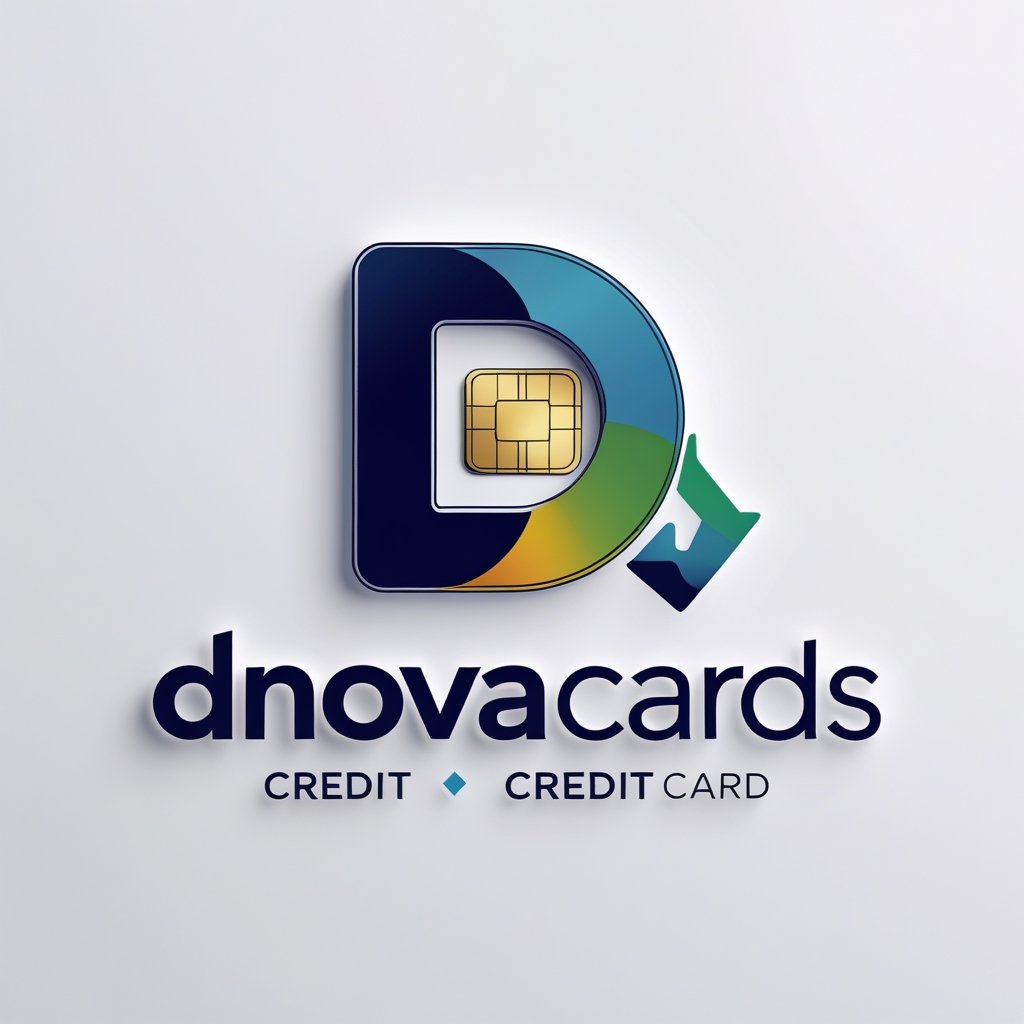

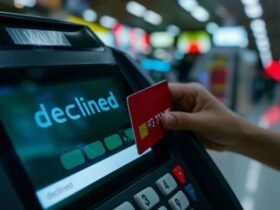

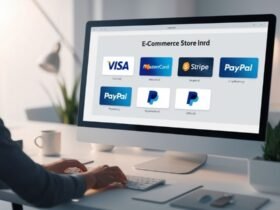

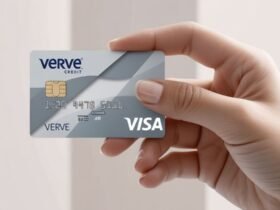


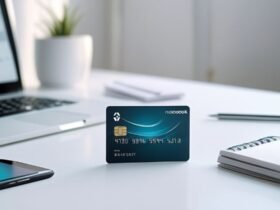






Leave a Reply
View Comments